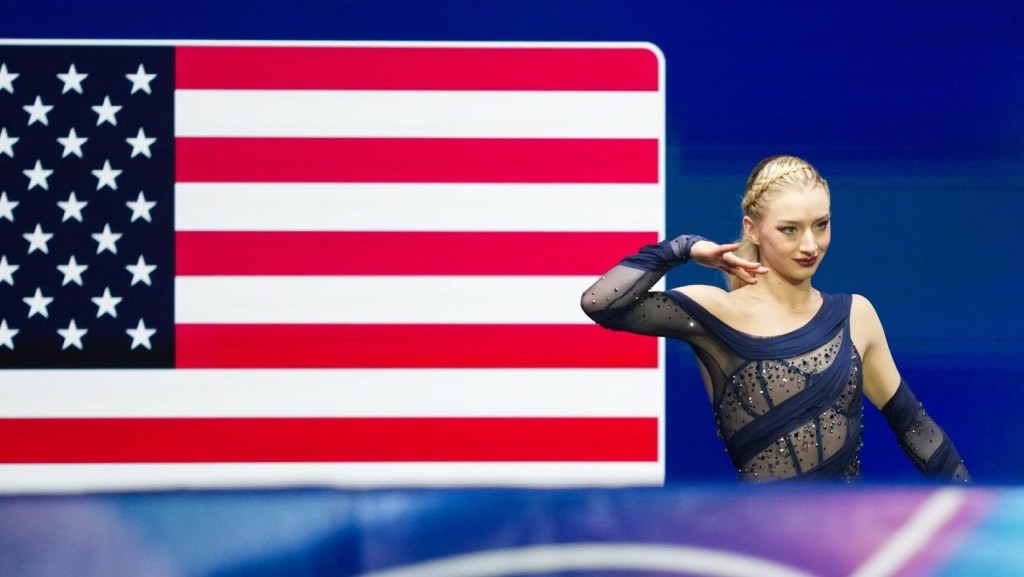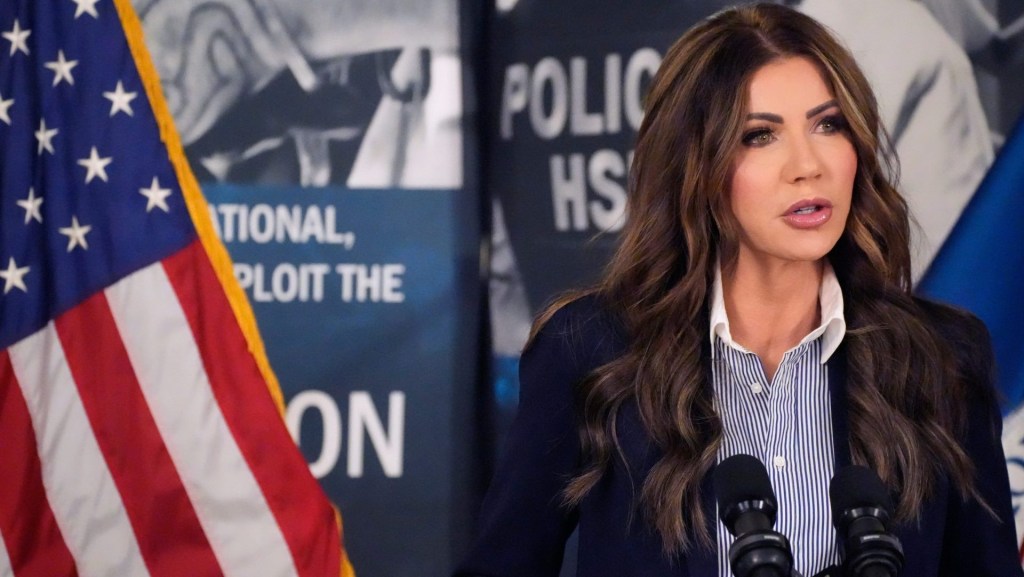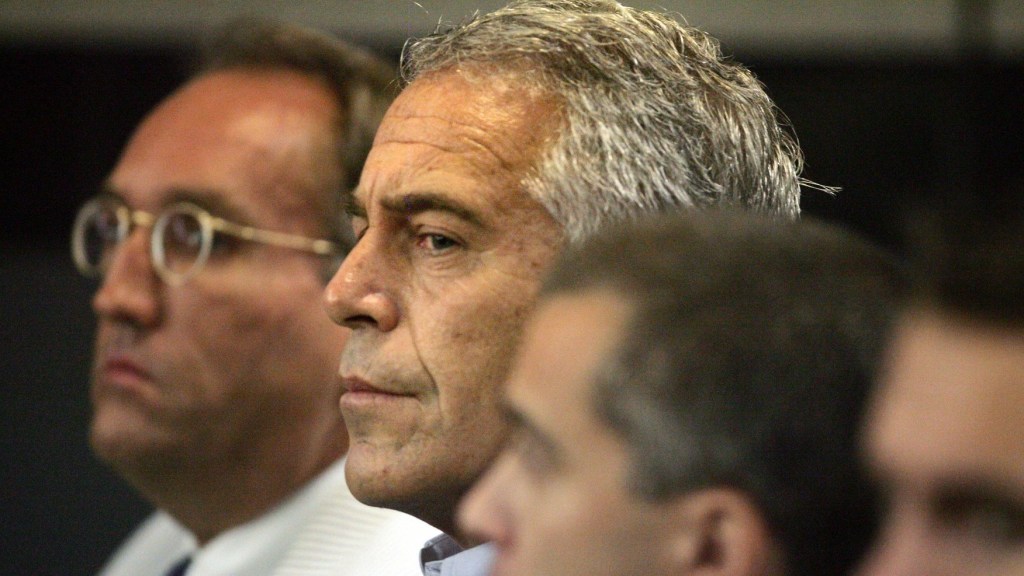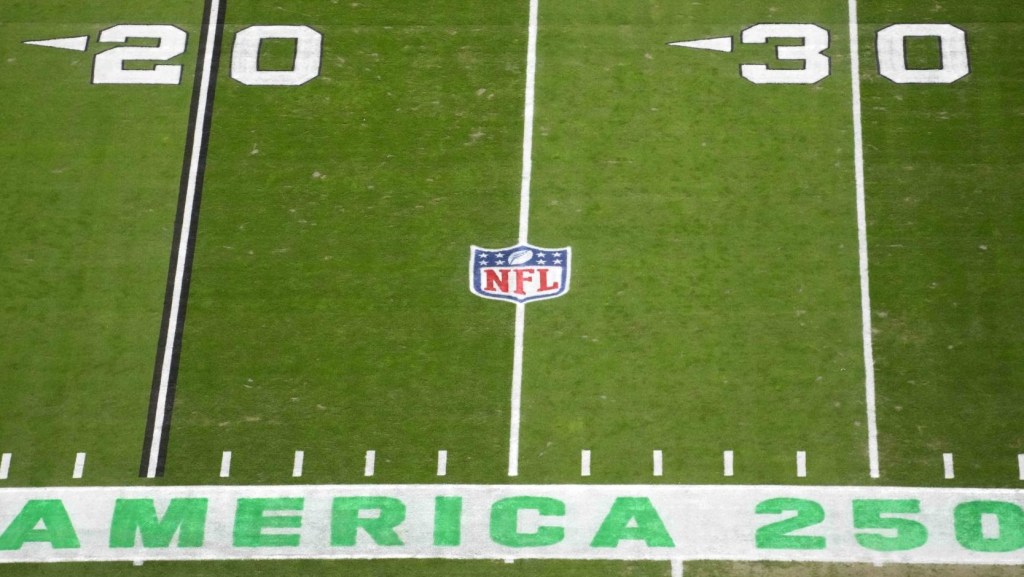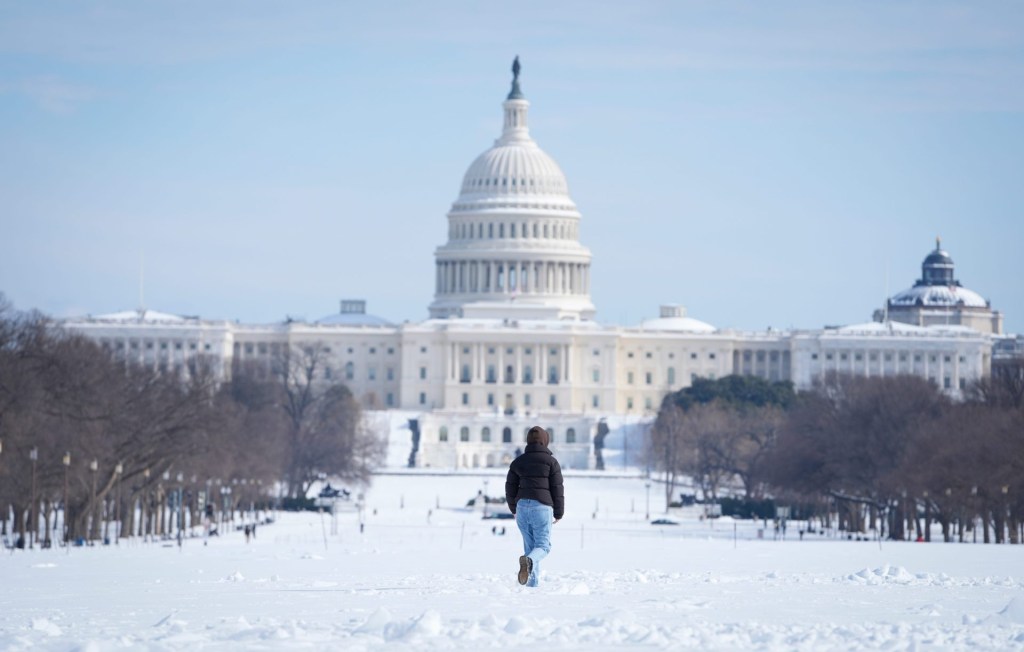The Department of Justice has threatened legal action against California following a transgender high school student’s state championship track performances over the weekend.
Assistant Attorney General Harmeet Dhillon sent a letter to California public schools Monday saying they are “exposed to legal liability” for violating the 14th Amendment’s equal protection clause. Dhillon wrote the state’s “policy allowing males to compete alongside girls” equated to “unconstitutional sex discrimination” and said schools have until June 9 to comply. The department has also sued Maine and threatened Minnesota over the states’ trans athletes policies.
At the center of the controversy is AB Hernandez, a 16-year-old trans girl competing for Jurupa Valley High School in Southern California. She won first place in the high jump and triple jump and second place in the long jump at the state championships this weekend.
In a post on his social media site Truth Social, President Donald Trump threatened “large scale fines” against California following Hernandez’s wins.
The state had prepared for backlash if Hernandez competed well. The California Interscholastic Federation made a rule ahead of the championships that if Hernandez placed ahead of any cisgender athletes, the one with the next best performance would join her on the podium. This happened for all three of Hernandez’s competitions, including a three-person squeeze when two athletes tied for the next-best spot. Brooke White, who joined Hernandez on the second-place podium after the long jump, told CBS News: “It made me really emotional seeing how people could be so hateful to a 16-year-old girl.” At the meet, spectators protested with signs and heckling, and a plane overhead flew a banner reading “No boys in girls sports.”
California’s Department of Education said in a letter to schools Tuesday that the 14th Amendment does not require athletic teams to be separated by “biological sex.” “In fact, the CIF policy that the DOJ letter refers to reiterates California law, which protects students from discrimination based on gender identity, and which requires that students be permitted to participate on athletic teams that are consistent with their gender identity,” wrote Tony Thurmond, the state superintendent on public instruction. He said his department would respond to the DOJ on behalf of schools by Dhillon’s June 9 deadline.
The topic of transgender athletes has risen to the forefront in Trump’s second term. In February, the president signed an executive order banning trans women from competing in girls’ and women’s sports.
Soon after, the DOJ clashed with Maine, saying it violated the executive order and Title IX. The state group overseeing school sports contested that complying with the president’s wishes would violate the state’s Human Rights Act.
The Department of Agriculture pulled funding from some Maine educational programs, including children’s meal programs, and the state sued the department in response. A judge ordered the agriculture department to reinstate funding, and in April, the DOJ sued Maine outright. At the time, Attorney General Pam Bondi said California and Minnesota could face similar legal action. In May, a conservative group sued Minnesota Attorney General Keith Ellison on behalf of three softball players over the state’s policy of allowing athletes to compete with the team that fits their gender identity.









